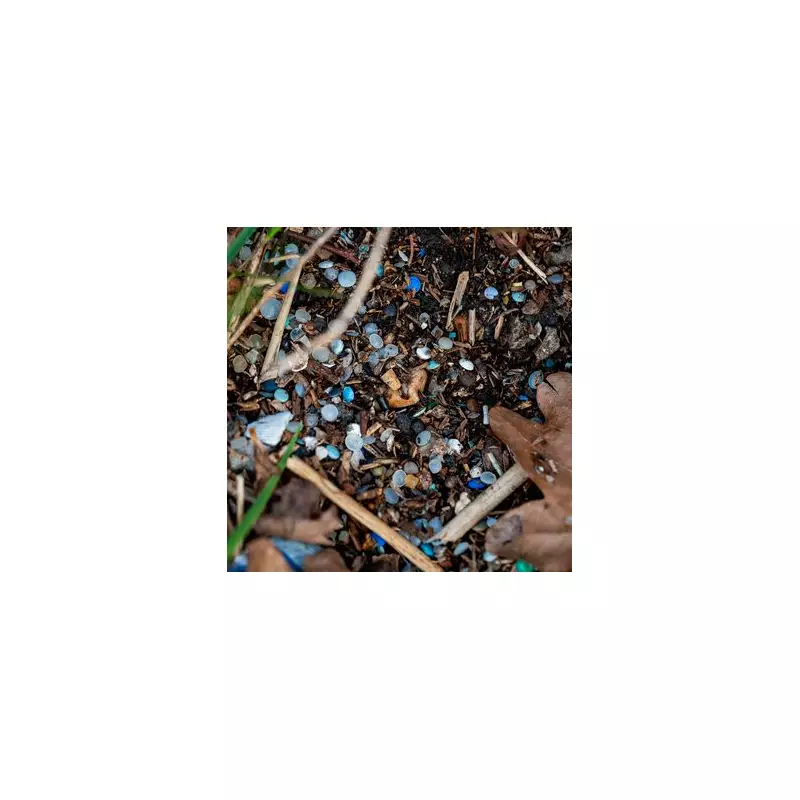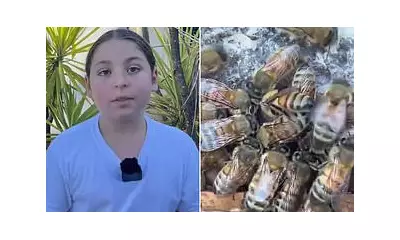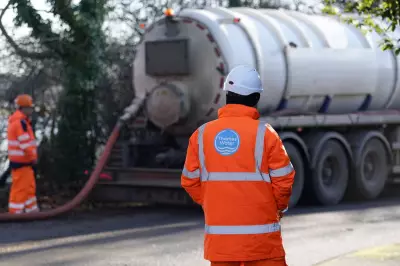
A major environmental incident has unfolded on the south coast as millions of tiny plastic pellets have inundated Camber Sands beach, prompting urgent safety warnings and raising serious concerns about marine wildlife.
Beach Contamination Crisis
The popular East Sussex coastline at Camber Sands became the scene of what environmental groups are describing as one of the worst pollution spills they have ever witnessed. Large quantities of lentil-sized raw plastic pieces, known as nurdles or biobeads, littered the shoreline yesterday, creating an ecological emergency.
Rother District Council has issued strong advice to beach visitors, particularly dog owners. A council spokesperson stated: "We strongly advise dog owners to keep dogs on leads and under close supervision while on the beach to stop them potentially eating the nurdles." While no public health concerns have been identified, the risk to pets remains significant.
The Nurdle Threat Explained
These plastic pellets, measuring less than 5mm in size, serve as raw material for manufacturing plastic products. Environmental charity Fidra highlighted the fundamental problem: "This plastic pollutes our environment before it has even been used to make anything."
The scale of the global nurdle problem is staggering. Approximately 230,000 tonnes of pellets enter oceans annually, equivalent to about 10 trillion individual pellets or 15 billion plastic bottles. These "mermaid's tears" are frequently lost during production and transportation processes.
Environmental group Nurdle, which specialises in removing microplastic pollution, reported that millions of pellets are covering the sand and continue washing ashore with each wave. The organisation described the cleanup as extremely challenging but committed to removing as many pellets as possible during high spring tides when debris concentrates along the waterline.
Wildlife and Environmental Impact
The ecological consequences of such spills are devastating. Marine wildlife frequently mistakes these plastic pellets for food, as they resemble fish eggs or small crustaceans. This confusion can lead to fatal consequences for birds, fish, and other marine creatures.
This incident at Camber Sands is not an isolated case. The UK faces widespread microplastic pollution, with the Mersey River found to be proportionally more polluted than the Great Pacific Garbage Patch. Other affected areas include:
- Teesside, where thousands of small blue rubber balls washed up
- Dorset's Kimmeridge Bay, experiencing significant nurdle contamination
- North Queensferry in Fife, a known hotspot near Scotland's largest container port
Historical incidents underscore the severity of such spills. Last year, millions of nurdles washed up on northern Spanish beaches after approximately 1,000 sacks fell from a Maersk-operated vessel. In May 2021, Sri Lanka experienced its worst maritime disaster when a container ship carrying hazardous chemicals and 1,680 tonnes of nurdles caught fire.
The investigation into the source of the Camber Sands pollution continues, with authorities yet to determine where the pellets originated. As cleanup efforts proceed, environmental groups emphasise the urgent need for better controls in plastic production and transportation to prevent future disasters.





